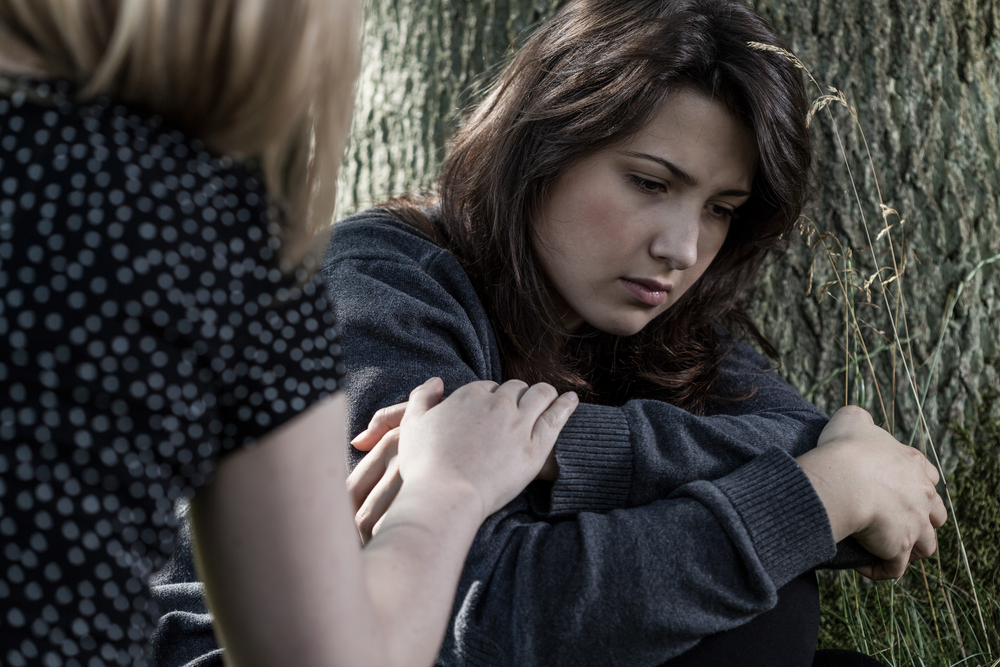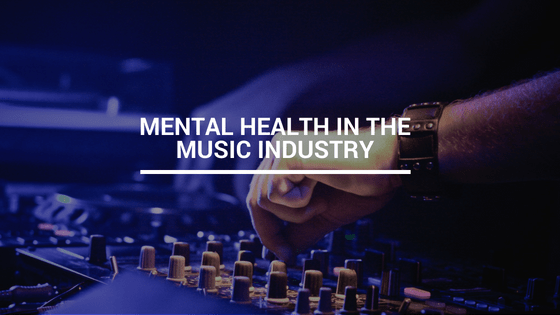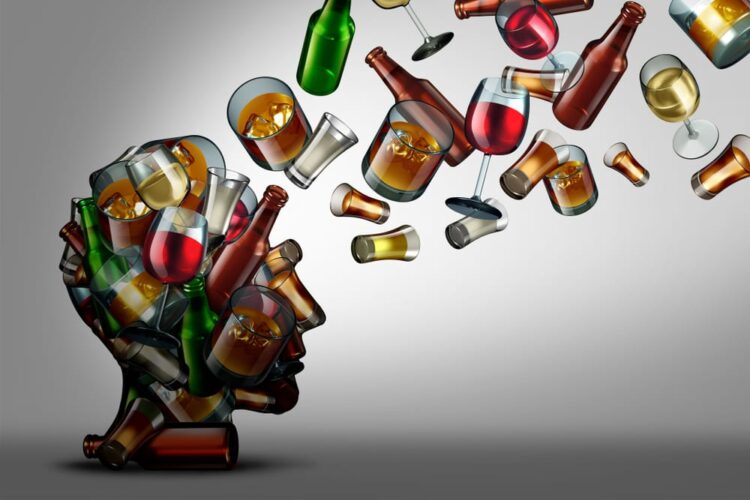
5 tips for supporting a loved one in recovery
Substance misuse is a global problem. Alcohol is associated with almost 3 million deaths annually. In addition to this more than 76 million people are currently dependent on or abusing alcohol, and an estimated 36 million people struggled with a drug use disorder last year.
With those sorts of statistics, the chances are you know someone who has, or is recovering from, a substance use disorder or addiction. It could be a friend or a colleague. Maybe it is closer to home, and it is a family member who could use your support.

What is addiction?
Addiction is a devastating mental health illness that impacts the user and everyone around them. It is characterised as not having control over the use of a substance (or the participation in an activity) to the point where it is harmful.
It can happen to anyone, there is no stereotypical addict, they come from all walks of life, with differing experiences, diverse histories, and distinct backstories. The similarity is the destruction and damages their disease has wrecked upon themselves and all those around them.
If someone you love is an addict it can put an enormous strain on your relationship with them. Having to watch someone hurt themselves continually, make disastrous and even dangerous decisions that have serious consequences for them, or for you and your family, is exhausting and painful. It is incredibly difficult to understand and accept, and it can take a huge mental and physical toll on you.
Happily, with the right help and assistance, there is a solution – recovery from active addiction is possible. Loved ones often play a huge part in helping those individuals they care for getting started on their journey of recovery and can lend support and encouragement throughout.

How can you help someone recovering from addiction?
When someone you care about is living with addiction there will always be challenges to face and decisions to make. Some choices will be hard, and some situations will be difficult to navigate. The recovering addict will need help, and you will want to do the best you can and be prepared.
Here are some tips to help you get started.

1. Educate yourself on addiction and recovery.
There is so much information available about the disease of addiction and recovery – who it affects, how it manifests itself, the potential triggers, possible relapse, support vs enablement. It is always worth finding out more about what you, and your loved one is dealing with, what help is available and the multitude of different treatment methods.
No two addicts are the same, which means they will all have different experiences and different journeys. However, there are some fundamental basics that do not change.
• Addiction is an illness and not a lack of willpower or morals.
• Addiction will never be “cured” only treated.
• Recovery is a lifelong process.
• There are different routes to recovery, the way that works is the best.
• Relapse happens, it doesn’t have to, but if it does then don’t give up.

2. Take an interest, listen, don’t judge.
Ask how your family member, friend, loved one or colleague is doing. Question them on how they feel, do they want help? Or do they just want to chat – and if they do then listen. Talk therapy is a huge part of recovery and whether it is speaking with a counsellor, a therapist, a peer, or a trusted confidant, it really does help.
Addiction is isolating and lonely and the addict is left with a head full of messed up and confused thoughts that they need to express to someone that will listen and not judge them. Someone to simply be there to help them organise the chaos or ease complicated and painful feelings.

3. Decrease disputes, avoid unnecessary arguments and reduce environmental triggers.
Stress can be a big trigger for relapse, especially in early recovery. Whilst stress can’t always be entirely evaded it can often be mitigated with the cooperation of everyone involved. Practising patience and tolerance can be difficult at times, but worth it in the long run. There are disagreements in any type of relationship. These can be minimized or even completely prevented if both parties are willing to talk in a calm and loving way about any issues, ready to hear the other side out before rushing to a conclusion.
Removing any substances (such as alcohol and prescription medication) from the house, or putting them out of reach, somewhere safe and secure is a sensible decision and avoids unnecessary exposure for those in recovery. If there are events or situations where alcohol is served, a partner or friend can be a supportive influence, making sure they have someone there for them if things get tough or awkward.

4. Encourage healthy habits and support positive life choices.
Part of recovery is about learning to make healthy choices, to ask for help and act on sound advice and suggestions. Fellowship group meetings or regular therapy sessions are a vital part of many people’s recovery, it gives them a place to go and express their confused thoughts or muddled emotions. Encouraging attendance at these and making them an important and accepted part of a loved one’s routine ensures they get the support they require.
It is also important for them to make constructive life choices, and counsel them to focus on positive people, places, and activities. Help them to create good habits – getting enough sleep, eating well and regular exercise – not only essential for a successful recovery but vital for a healthy life.

5. Set healthy boundaries and make time for yourself.
Whilst it is important to be supportive of a loved one in recovery, it is also essential to set clear and healthy boundaries. This means you need to be honest with them, don’t excuse bad or destructive behaviour, and don’t enable them – you can’t do it for them, their recovery is their responsibility.
You also need to practice self-care; you can help them but not at the expense of your own needs. Make sure you take time to look after yourself. Allow yourself the room to heal from any hurtful or painful experiences and accept and acknowledge your own emotions.
It is also important for those people caring for someone in recovery to have support for themselves. Counselling or attendance at peer group meetings can be hugely beneficial. There are several fellowships specifically for the friends and relatives of alcoholics and addicts – Al-Anon and Families Anonymous are just two of the many available.

Rehab in Spain
Is someone you love struggling with an addiction or a substance abuse problem?
Here at our luxury residential rehab centre in Ibiza, we treat clients with a variety of mental health conditions, including alcoholism, drug addiction, and associated mental health conditions such as trauma, codependency, anxiety, and depression.
We have a range of programmes and use a combination of treatment methods including counselling, talk and equine-facilitated therapy, and transcranial magnetic stimulation (TMS).
For information on our admissions please contact [email protected]
Share this information, choose your platform!
5 Signs of a codependent relationship
Always doing the right thing, caring what others think, putting others first – all good traits, ones that would make you a great friend, partner, or family member; and it is correct to think of other people, their needs and …
Mental health within the music industry
For many, gaining, success and notoriety in the music industry is the ultimate dream. The glamour, fame and fortune can look very appealing to an onlooker but this life of excess and extremes can come at the ultimate price. The …
How much alcohol is too much?
In January, Health Canada, in conjunction with the Canadian Centre on Substance Use and Addiction, released new guidelines on alcohol consumption. They state that not drinking alcohol at all is best, it leads to better health and better sleep. For …
Reflecting on January
Many of us sighed with audible relief when February arrived last week, and with good reason. Monday the 20th of January marked ‘Blue Monday’, apparently the most depressing day of the year. It falls annually on the 3rd Monday of January. …









